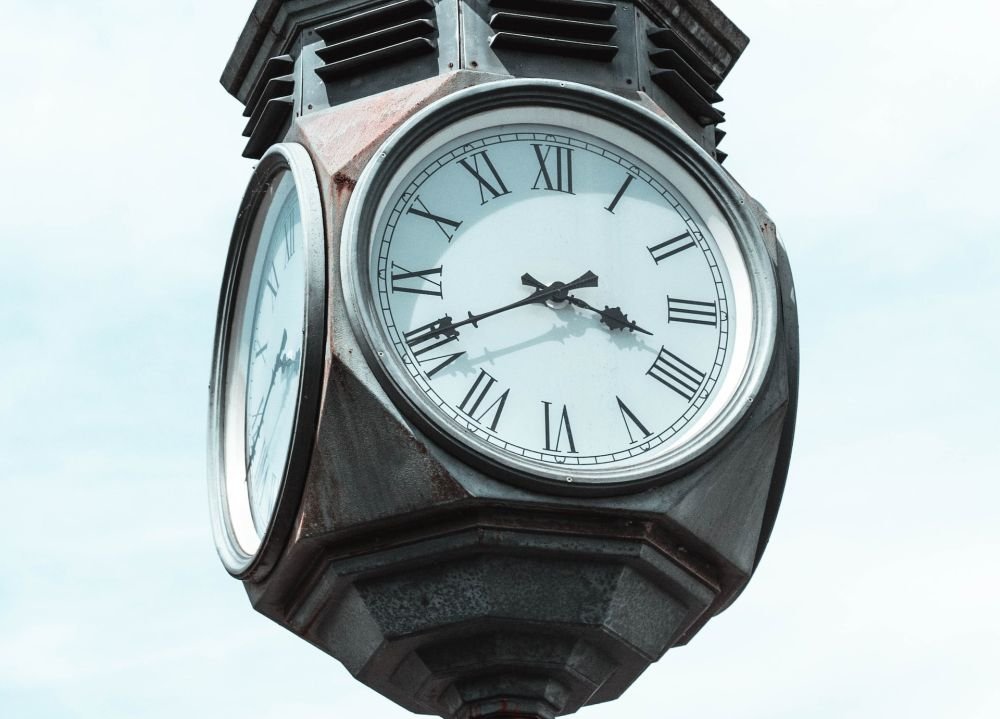
Here's another reason not to change to daylight saving time. When the hands move forward an hour, it increases the danger of driving a car, as it disrupts sleep and circadian rhythms.
Scientists at the University of Padua in Italy have found that daylight savings time, which moves the hands forward an hour, can have slightly more serious consequences than being late to work because of an alarm clock. In particular, it makes people drive more dangerously as it disrupts their natural sleep-wake cycles. These are the results of testing the driving skills of 23 Italian male drivers before and after the changeover to daylight saving time.
Daylight saving time threatens with heart attacks and injuries at work
The researchers analyzed their reaction time and ability to analyze the situation on the road. It turned out that both of these skills are violated after losing an hour of time. This is believed to be the result of sleep deprivation and disruption of circadian rhythms, the internal processes that regulate the sleep-wake cycle and other functions.
Australia Proposes Daylight Saving Time to Save Koalas
Science already knows that daylight saving time disrupts circadian rhythms and increases health risks, including heart attacks. But it has not been established what kind of danger this creates on the roads. The results of the study demonstrate that in the modern world it is better to abandon the transition to daylight saving time, since the disadvantages of all this far outweigh the advantages. (READ MORE) 
University of Padua
Medicine
one of the oldest universities Europe and Italy, opened in Padua in 1222. In the XV-XVIII centuries – the main educational center of the Venetian Republic
